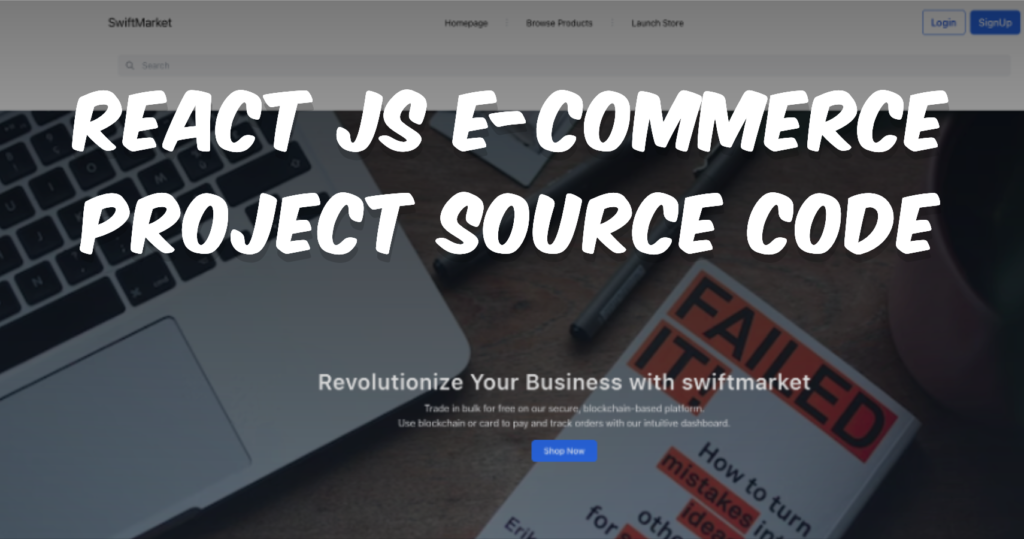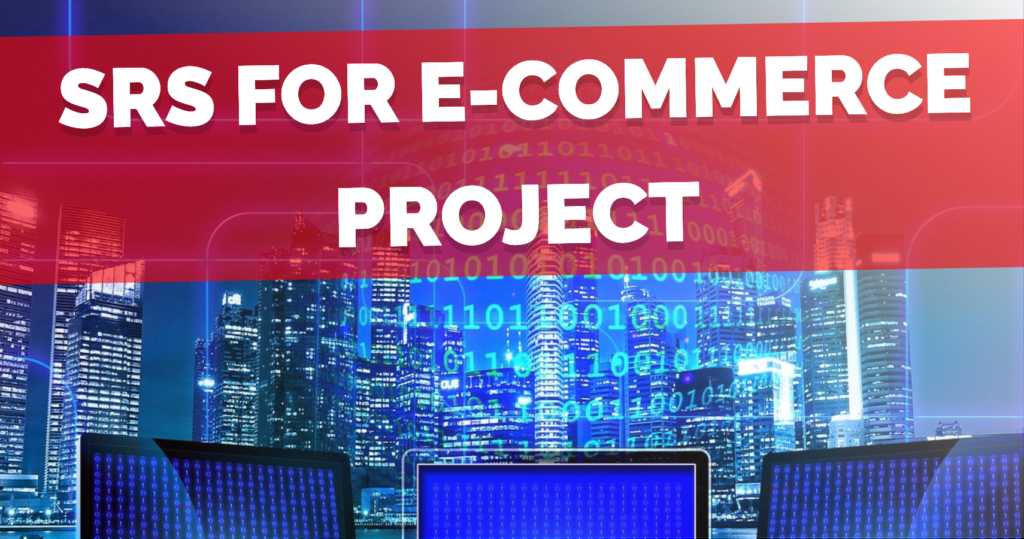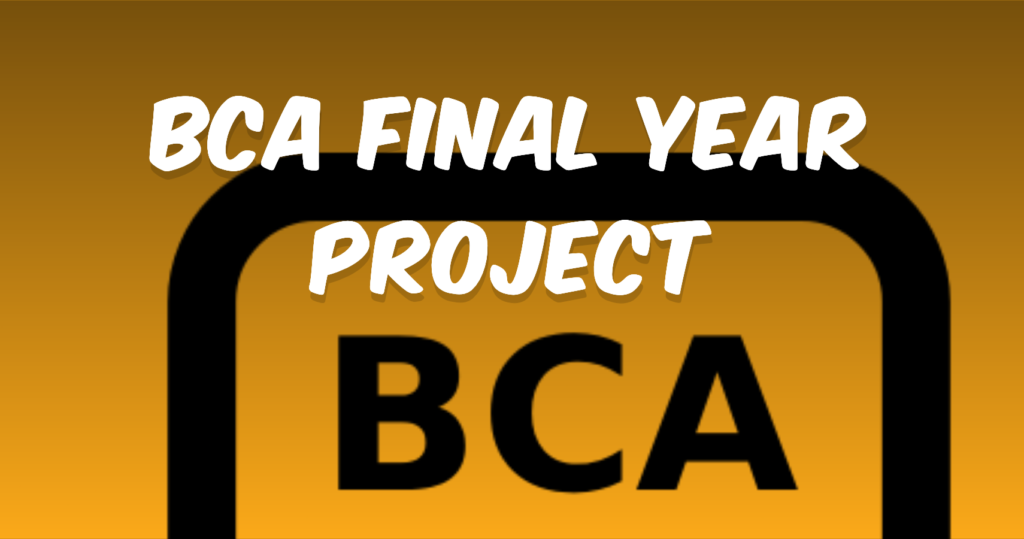When initiating an e-commerce venture, the roadmap to success begins with a meticulously structured Software Requirements Specification (SRS). This document, tailored specifically for SRS for e-commerce project, serves as the foundational blueprint, defining every crucial aspect of your digital platform.
Crafting a Comprehensive SRS: Key Components
Functional Requirements
Delve into the specifics of what your e-commerce platform must accomplish. From user registration to checkout processes, outline each function meticulously.
Performance Requirements
Speed, reliability, and scalability are paramount. Define how the system should perform under varying loads and ensure seamless user experiences.
User Interface Requirements
User experience is pivotal. Describe the interface elements, navigation, and overall design to create an intuitive and engaging platform.
Security and Compliance Requirements
Shield your platform and customers’ data. Define security protocols, encryption standards, and compliance measures to safeguard against threats.
Benefits of a Well-Crafted SRS for E-commerce Projects
An intelligently designed SRS tailored for e-commerce projects translates into numerous benefits:
Clarity and Precision: Every stakeholder comprehends the project’s objectives, reducing misinterpretations and enhancing productivity.
Cost and Time Efficiency: Streamlined development processes save both time and resources, ensuring a smoother journey from conception to deployment.
Quality Assurance: Thorough documentation enables rigorous testing, resulting in a robust, error-free platform.
Scalability: A well-defined SRS facilitates seamless expansion and adaptation as your e-commerce venture grows.
Implementing the SRS: Best Practices
Collaborative Approach
Involve all stakeholders – developers, designers, marketers – in crafting the SRS for a holistic perspective.
Regular Updates and Reviews
As your project evolves, ensure the SRS remains updated, reflecting any changes or enhancements.
Clear Communication
Maintain transparent communication channels to address queries and ensure everyone aligns with the SRS.
Testing and Validation
Rigorously test the functionalities outlined in the SRS to guarantee they meet the specified criteria.
Software Requirements Specification (SRS) for E-commerce Platform
Introduction
- Purpose: The purpose of this document is to define the requirements for the development of an e-commerce platform aimed at facilitating online sales of consumer electronics.
- Scope: The platform will include features for product browsing, user registration, shopping cart management, secure payment processing, and order management.
Functional Requirements
- User Registration and Authentication
- Users can create accounts with unique usernames and passwords.
- Passwords must meet specific criteria for security.
- Users can log in securely and reset passwords if forgotten.
- Product Browsing and Searching
- Users can browse products by category, brand, or type.
- Search functionality allows users to find specific products using keywords.
- Product listings display details including images, descriptions, and prices.
- Shopping Cart Management
- Users can add and remove items from their shopping cart.
- Cart updates dynamically show total costs and quantities.
- Users can proceed to checkout from the shopping cart.
- Secure Payment Processing
- The platform integrates secure payment gateways for credit/debit card transactions.
- Payment information is encrypted to ensure user data security.
- Order Management
- Users receive order confirmation emails upon successful purchases.
- Admin dashboard allows order tracking, processing, and status updates.
Performance Requirements
- Response Time
The website must load within 3 seconds on average, ensuring a smooth user experience. - Scalability
The platform must handle a concurrent user load of at least 1000 users without significant performance degradation. - Reliability
The system should have an uptime of at least 99% to ensure continuous availability.
User Interface Requirements
- Homepage
The homepage should feature a clean layout with featured products and easy navigation to product categories. - Product Pages
Product pages should display high-quality images, detailed descriptions, and a clear call-to-action for purchase. - Checkout Process
The checkout process must be intuitive, with clear steps and progress indicators.
Security Requirements
- Data Encryption
All user data, especially payment information, must be encrypted using industry-standard encryption protocols. - Firewall Protection
The platform should be protected by robust firewall systems to prevent unauthorized access and attacks.
Conclusion
The significance of an SRS for e-commerce project in steering the success of your venture cannot be overstated. It serves as the guiding force, aligning your team’s efforts and ensuring the realization of a robust, customer-centric platform. Embrace the power of a meticulously crafted SRS tailored explicitly for e-commerce projects, and witness your venture thrive in the dynamic digital landscape.

In the realm of online commerce, initiating a React JS e-commerce project within the MERN Stack has become a pivotal step towards achieving unparalleled success. The fusion of React JS, renowned for its flexibility and speed, with MongoDB, Express, React, and Node.js has revolutionized the landscape of e-commerce development.






